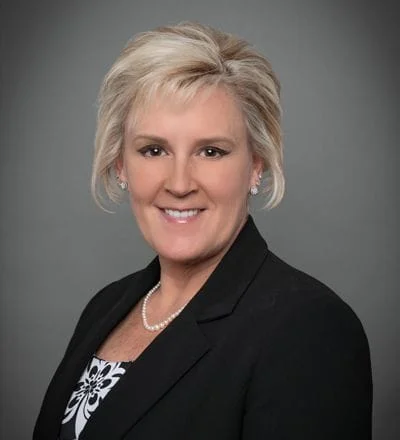
- posted: Mar. 20, 2023
- Employment Law
A woman may accept work in a job that is known for capitalizing on the sex appeal of the employees, such as a cocktail waitress or VIP hostess at a bar or nightclub. She may be expected to dress in a way that accentuates her sexuality and to dote on male patrons to push up sales of drinks. But what if the attention she receives from the clientele in return reaches a point where she feels she has become the victim of sexual harassment? Should she be able to sue her employer for creating or allowing a hostile work environment?
That question has been posed in many employment law cases around the country since the U.S. Supreme Court first held, in 1986, that sexual harassment is an illegal form of discrimination under Title VII. Courts have since ruled that employers might be in violation of Title VII if they require employees to wear provocative uniforms. Furthermore, employers could be liable if their employees get sexually harassed by customers and other third parties.
But an issue that has never been definitively decided is whether employers charged with sexual harassment should be able to escape liability by asserting the affirmative defense of assumption of risk. Such a defense would allow a company to say, in essence, that the employee knew the nature of the business when she applied for the job and started working, so she should not now be able to claim that the work environment is hostile.
Advocates of the assumption of risk defense argue that allowing it recognizes the ability of employees, particularly women, to make voluntary decisions to capitalize on their sexuality if they want to. Allowing employers to assert the defense, these advocates argue, is fundamental in a society like ours, where we place great importance on the individual’s freedom of choice.
Some courts have rejected the theory that an employee’s knowledge of the prevailing work environment means she has consented to being harassed. Yet other courts have acknowledged that hostile work environment cases are highly fact-specific. To quote one leading precedential case, “the presence of actionable sexual harassment would be different depending on the personality of the plaintiff and the prevailing work environment.”
Unless and until the U.S. Supreme Court makes a clear pronouncement, the waters around the viability of the assumption of risk defense will remain murky. For now, employers who are sued for hostile work environment harassment can attempt to assert the defense but would be wise not to rest all their hopes on it.
At Pullin, Fowler, Flanagan, Brown & Poe, PLLC in Charleston, we have decades of experience defending private companies and public entities in sexual harassment claims in West Virginia, Ohio and Kentucky. To schedule a consultation with our legal team, please call 304-344-0100 or contact us online at your convenience.



















